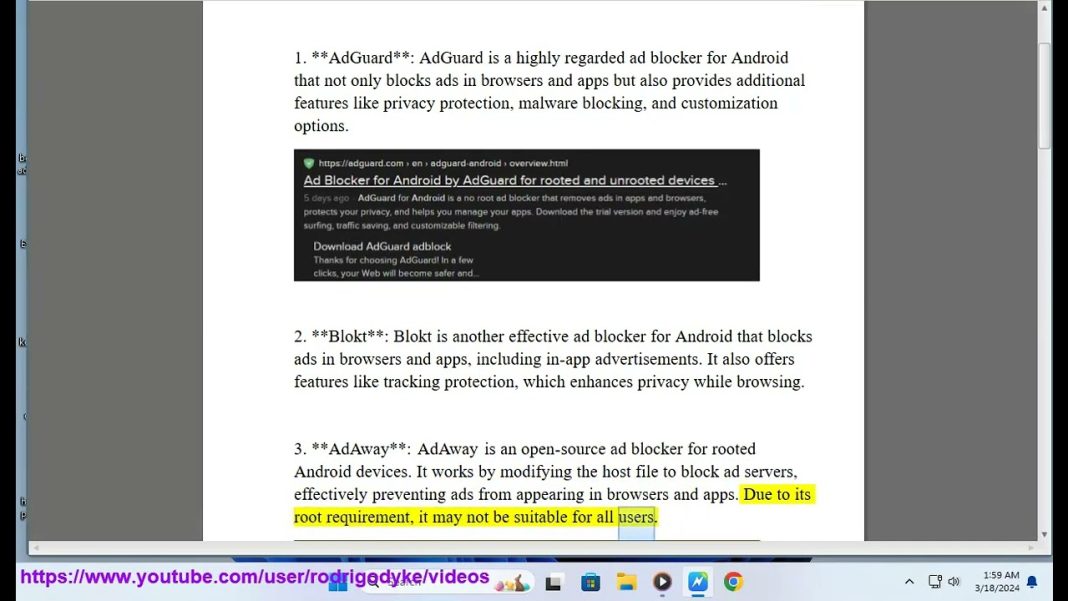Title: Facebook’s Ad Algorithm and Racial Bias: Disproportionate Targeting of Black Users to For-Profit Colleges
Introduction:
Facebook’s advertising algorithm has come under scrutiny for disproportionately targeting Black users with ads for for-profit colleges, according to a recent paper by university researchers. This article delves into the findings of the study, explores the implications of algorithmic bias, and highlights the ethical and legal concerns raised by this issue.
Understanding Facebook’s Ad Algorithm:
Like other major social media platforms, Meta (the parent company of Facebook and Instagram) does not disclose the exact workings of its ad delivery system. To investigate Facebook’s algorithm, researchers from Princeton and the University of Southern California conducted a series of test marketing campaigns. They purchased ads for both public institutions and for-profit colleges, tracking their performance among real Facebook users.
The Focus on For-Profit Colleges:
The researchers chose to focus on for-profit colleges due to their history of deceptive marketing practices, particularly targeting students of color. These institutions often provide subpar educational outcomes and limited job prospects compared to other colleges.
Using a Clever Proxy:
Although advertisers can no longer target ads based on race, the researchers found a workaround. They used North Carolina voter registration data that included individuals’ races to create a sample audience with equal representation of Black and white users. By uploading this audience to Facebook’s “custom audiences” feature, they could infer the race of users who saw each ad based on where it was viewed.
Evidence of Bias:
The researchers discovered that Facebook’s algorithm showed a bias in ad delivery. Black users were disproportionately shown ads for for-profit colleges with a history of advertising trickery and legal issues, while white users were directed towards state colleges. This bias persisted even when for-profit programs attempted racially balanced ad targeting.
Facebook’s Response:
A spokesperson for Meta acknowledged the challenge of addressing fairness in ads and stated that they are actively collaborating with civil rights groups, academics, and regulators to improve their ad system. The company claims that their advertising standards prohibit discrimination based on personal attributes such as race.
Algorithmic Bias Beyond Education:
Previous research has shown that Facebook’s ad delivery algorithm exhibits bias along race and gender lines in various domains. Ads for job openings were found to be sorted based on racial and gender stereotypes, perpetuating existing imbalances in the workplace.
The Need for Accountability:
Aleksandra Korolova, a professor of computer science and public affairs at Princeton, argues that Facebook bears the responsibility to prove that its ad delivery system reflects real-world preferences rather than racist biases. She emphasizes that reproducing biases from historical data or optimizing for clicks does not justify algorithmic bias.
Ethical and Legal Concerns:
Apart from the moral objection to disproportionately targeting Black users with for-profit college ads, there are potential legal implications. Educational opportunities are protected by laws that prohibit racial discrimination, which may extend to ad platforms like Facebook.
Meta’s Efforts and Future Challenges:
While Meta has made efforts to reduce bias in ad delivery systems related to housing, employment, and credit, the company has not extended these efforts to other domains that impact life opportunities and important societal topics. The need for broader action to address algorithmic bias remains.
Conclusion:
The research findings highlight the concerning issue of Facebook’s ad algorithm disproportionately targeting Black users with ads for for-profit colleges. This raises ethical concerns and potential legal liabilities. The responsibility lies with Facebook to address algorithmic bias and ensure fairness in ad delivery across various domains.


